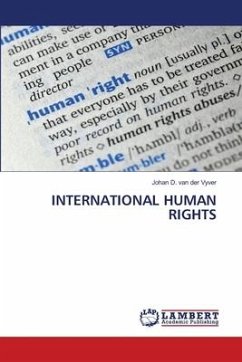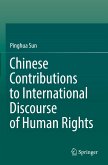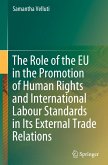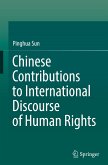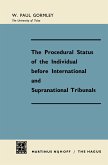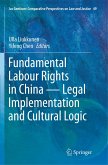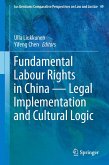Extending the reach of international human rights to include economic, social, and cultural rights as so-called Second Generation of human rights emerged toward the end of the 19th Century, but it has since then received special prominence mainly through the activities of the International Labour Organization (ILO) and the United Nations Educational, Scientific and Cultural Organization (UNESCO). One is also reminded that there was a time when government control and regulation of the economy was almost non-existent in the United States of America, because that was seen as a manifestation of communism. However, the New Deal initiated by President Franklin D. Roosevelt (1882-1945) to overcome the devastating effects of the Great Depression of the 1930's brought about radical change in this regard. The New Deal was designed to stabilize the economy through legislative control and governmental initiatives, and commercial law therefore became an important component of the American legal disposition. Directives of the ILO contributed to the development of the New Deal initiatives. UNESCO has also played a leading role throughout the world.
Bitte wählen Sie Ihr Anliegen aus.
Rechnungen
Retourenschein anfordern
Bestellstatus
Storno

